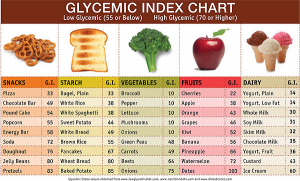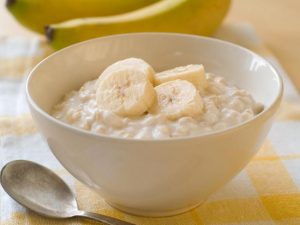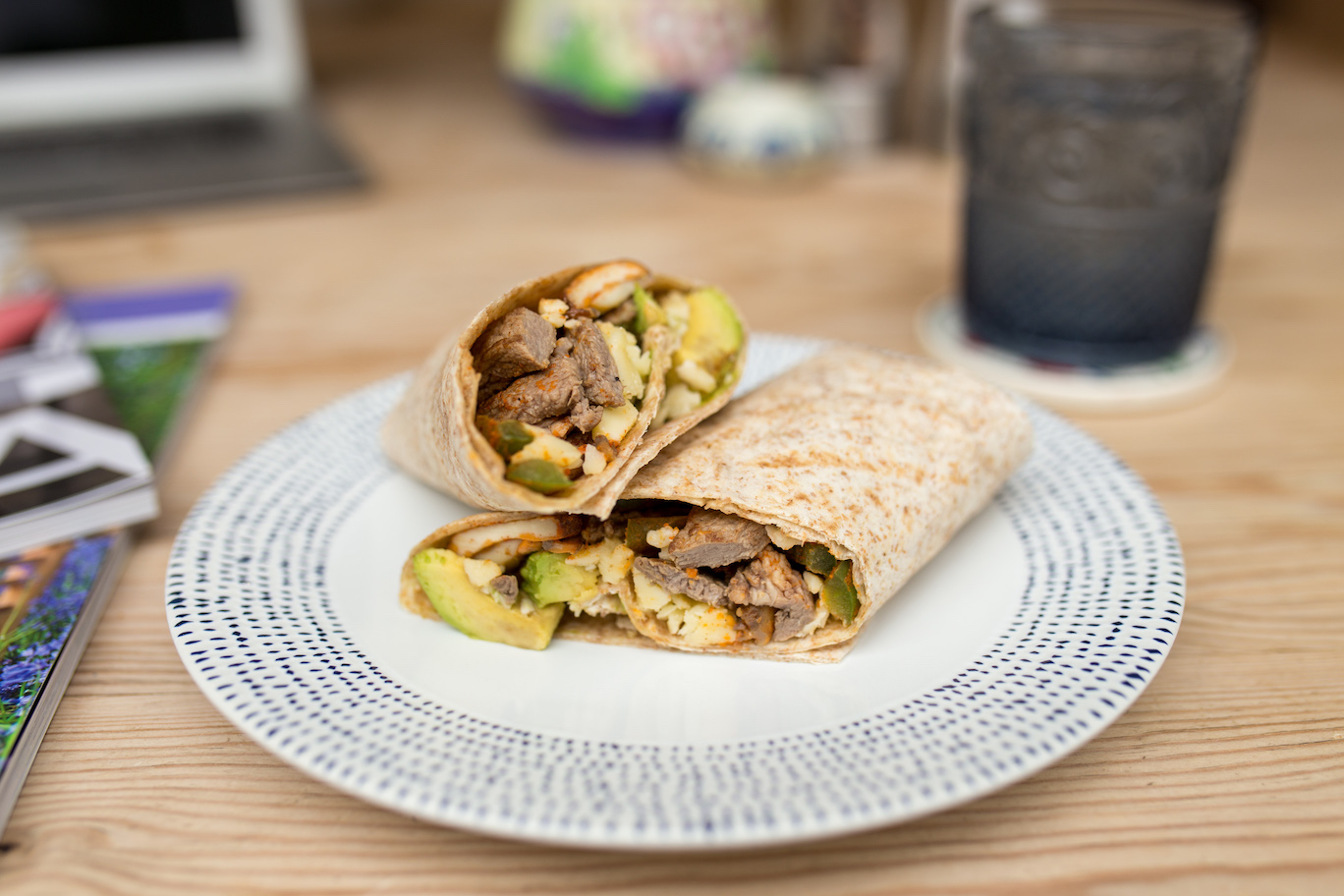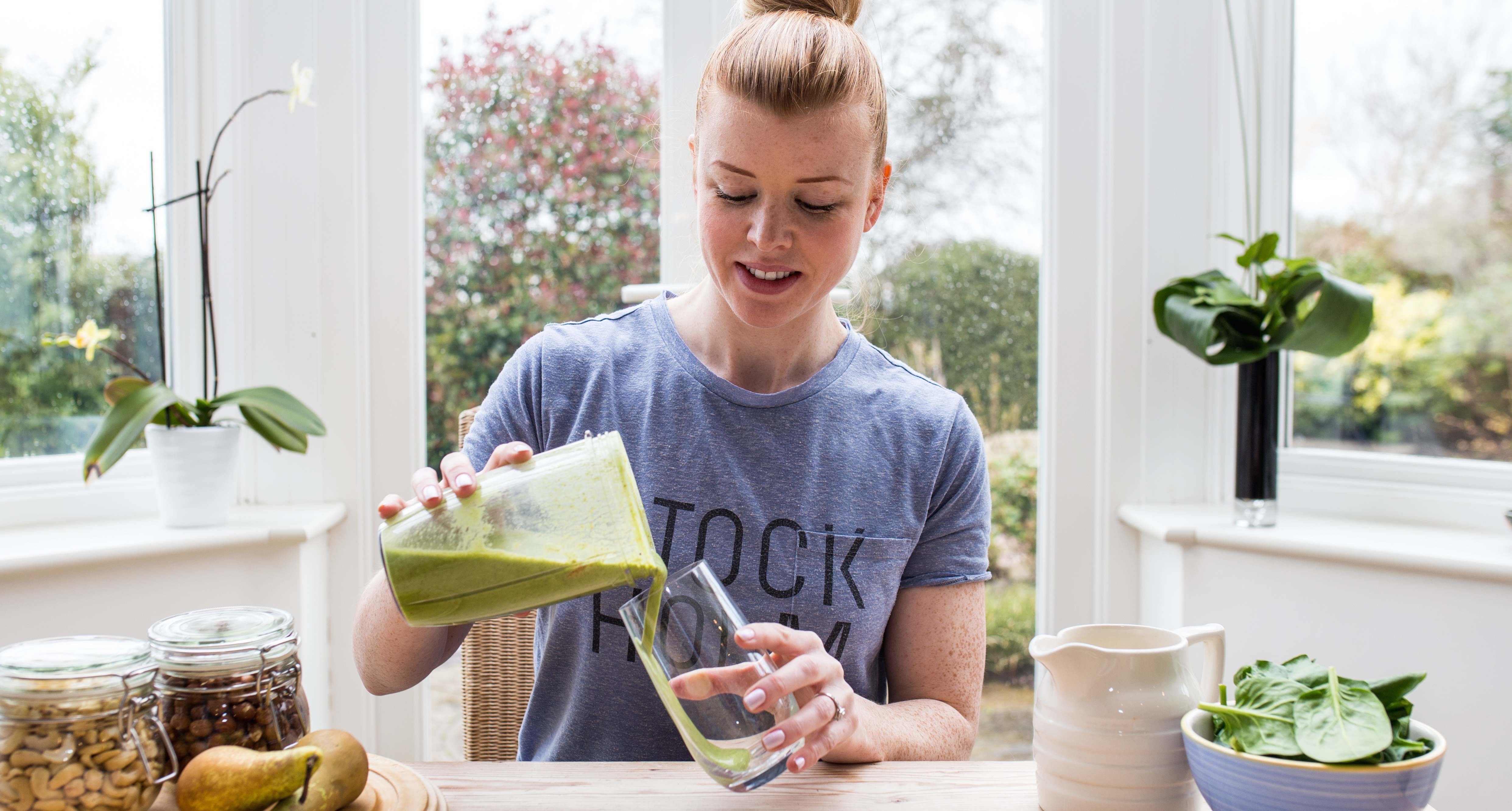Carbohydrates are not the devil! But do you understand their impact on weight loss?
One of the first things most people do when starting a diet is to eliminate all carbohydrates. This may be a good idea for a few people for a limited amount of weeks but it is not ideal for everyone and should most definitely not be a long-term dietary change.
If you are lean and wanting to improve your physique you need carbohydrates but certain ones should be avoided if your goal is fat loss. Also, eating plant-based carbohydrates is an integral part of any fat loss diet. So what are the benefits…
- Faster recovery from exercise
- Improved athletic performance
- Improved mood
- Better sleep quality
- Preservation of muscle tissue and carbohydrates fuel the central nervous system.
Try to avoid carbohydrates that are high on glycemic index or glycemic load.
Carbohydrate sources that should be eliminated are things that are processed or ones that are high on the glycemic index such as cakes, sweets and sugary drinks. These types should be changed for whole foods such as potatoes, leafy vegetables, rice or root vegetables. A diet high in fibrous carbohydrates like vegetables lead people to eat fewer calories overall because their blood sugar levels are stable, they are getting more nutrients per calorie, and the fibre keeps them fuller for longer.

So what are they?
Carbs are found in foods such as vegetables, fruits, potatoes, cereals, grains cakes, and sweets and are considered to be the body’s favoured energy source. Carbohydrates are sugar molecules formed from carbon, hydrogen, and oxygen, some more complex than others, formed from a different number of these elements, which cause the body to digest them slightly differently to allow them to be used for energy.
As carbohydrates are broken down they increase the amount of sugar in the bloodstream – your blood sugar level. As you eat carbohydrates and your blood sugar level rises it activates the hormone insulin to carry the excess sugar and transport it to your muscles. The body can absorb around 300-400 grams of carbohydrates in your muscles and around 100 grams in your liver depending on your muscle mass and general body size.
If your carbohydrate stores are already full but you continue to consume this macronutrient, this excess will be stored as fat!
So I should quit them?
NO! As well as the benefits listed above you need to consider that inadequate carbohydrate intake has been shown to contribute to…
- Central nervous fatigue
- Increase perceived effort associated with exercise
- Decrease aerobic and anaerobic work capacity
- Being detrimental to the immune system and can lead to hypoglycemia (dangerously low blood sugar levels).
The two main fuel sources the body uses to generate energy to perform physical exercise are fats and carbohydrates. Proteins do provide a small amount of energy but it is so little it is practically irrelevant. When rested, the body predominantly burns fat as a fuel source. When active the body starts to utilise carbohydrates and as the intensity of physical activity increases the demand on the body’s carbohydrates stores increases. When the body is working near its maximum intensity it is predominantly using carbohydrates as an energy source.
When is the best time to consume them?

Well the answer to this question is dependent on the type. The best time to consume the type with a higher Glycemic Index (GI) rating is around your workout, either during or shortly afterwards. At this time your body is more sensitive to storing the energy from higher GI carbohydrates such as glycogen in the muscles rather than transforming this energy into triglycerides and storing it as fat.
It is well known that consuming simple or carbohydrate-rich foods with a moderate to high glycemic index after training is optimal for recovery. Although it is optimal to consume high GI carbohydrates during and/or after your workout, if these high GI carbohydrates are consumed away from the workout this will cause your insulin to spike and instigate your body to store fat as well as increase your risk of many health problems. If the types of carbohydrate consumed are low GI with plenty of fibre, vitamins and minerals, then we wouldn’t restrict the consumption of this macronutrient at any time of the day. The health benefits of high fibre carbohydrates such as butternut squash, sweet potatoes, pumpkin or berries outweigh any negatives.
There’s argument that foods high in fats and proteins are preferable in the morning for increased alertness and sustained energy levels. There is also an argument to consume carbohydrates in the evening to improve sleep quality. Whatever your preference, just make sure you ‘listen’ to your body and over time you will gain a good understanding of what works best for you.
Most of the meals in this phase have some sort of well balanced fibrous carbohydrates. This macronutrient will be manipulated in future phases but for now we will be more concerned about calorie consumption as opposed to macronutrient consumption.
For structured, individualised guidance on how to eat right for your goals our FORMULA Ebook will advise the correct calories & adjustments for you, with over 70 recipes to choose from. For more info on how The FORMULA works check out our info page or grab your copy today.





